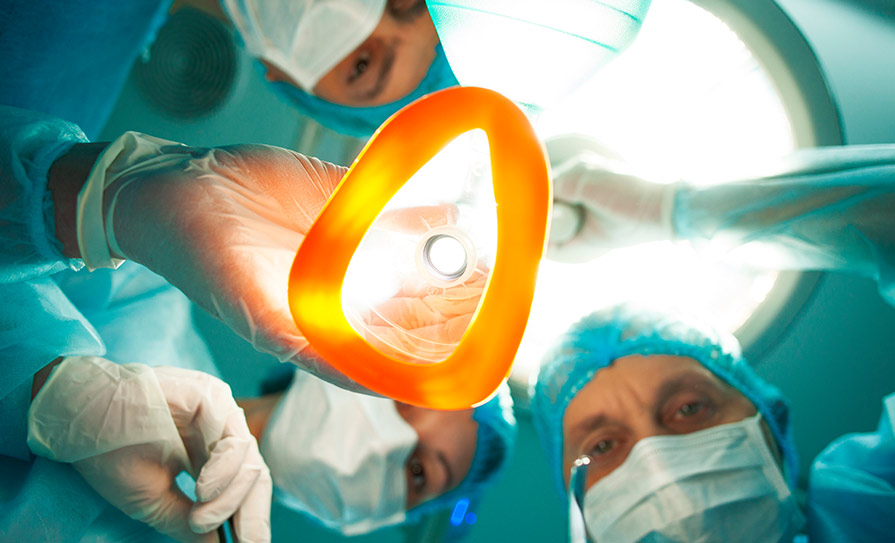
For all our talk about shared decision-making, why is it still okay to erase hours from a person’s memory and tell them nothing about it?
Just before Christmas, I had a blackout. I lost consciousness for a couple of hours, and I have no idea what happened to me during that time. When I came round, there were people around me, checking my blood pressure, asking me was I okay, keeping me warm.
None of this was unexpected. In fact, it had been meticulously planned. I had signed up, willingly, to be knocked out.
I had developed an inguinal hernia (thanks, genes) and I had decided to have it repaired.
I have had general anaesthetics before, but it was only as I lay there looking into the kind eyes of the theatre nurse that I realised this was the first time I had truly made the choice to be rendered unconscious. My previous surgeries had all been with the aim of keeping me alive; removing a primary tumour, hacking out a pile of metastases, inserting a vascular access port to help me have my chemotherapy. I mean, I could have said “ah no, you’re grand, I think I’ll just hold on to my cancery bits”, but that would have been hard to explain to my family.
This time, though, I could have reasonably chosen to live my life with my scrotal-like swelling, perhaps even embraced it with a natty pair of Speedos, and it was certainly a great excuse to get someone else to lift my heavy bags. The hernia got worse when I stood for too long, which was fine with me really, as I am a huge fan of sitting down. But clutching my groin while I stood in the supermarket queue was beginning to raise a few eyebrows, and I did sometimes dream about a day where I could go for a long walk without ending up with a lump of bowel bulging down my thigh. So I decided to go ahead and have my shoddy abdominal wall reinforced.
But the logical part of my brain began to flap around like a demented sparrow as I lay in the operating theatre and experienced the full gamut of PTSD terrors. Each of my three caesarean sections, all of my organ-removing cancer operations, and the other miscellaneous drains/ports/plumbing experiences I had had, all of them washed over me as I lay there with my cold arm in the even colder hands of the anaesthesiologist. But here there was the big squishy face-mask, the taste and smell of 100 per cent oxygen, and the panic started to rise in my throat. The urge to jump off the table was strong. “Thanks so much everyone, super kind, you’re all so good, but I would rather set my hair on fire than be here with you.” Then the black shadowy death-eater-thought – what if this is it? What if this is the one that goes wrong?
Anyway, I didn’t jump off the table, and the next hour or so passed, and I have NO IDEA what happened during that time. A nice young man whom I had never met before came to my cot side as I woozily re-entered the world and told me some fascinating things about the procedure and how it all went. I have NO IDEA what he said.
For all our chat about patient-centred care and shared decision-making, it is still perfectly acceptable to erase a few hours from a person’s memory and tell them nothing at all about it afterwards. Here’s a novel thought; why don’t we give the patient a copy of the operation note? It could be a simplified version, just a few lines about the time of opening and closing the wound, meds given, swabs check done, etc. I’m not talking about black box level of data, just a little reassurance that while I was unconscious, stuff was happening to me in an orderly and methodical fashion, and no one left their Rolex in my belly.
It became apparent to me after a couple of days that I must have been given a broad-spectrum antibiotic, when I experienced the telltale symptoms of thrush. My constipation was a clear indication that I’d had a few opiates. Various bruises and soreness revealed where I’d been poked and prodded. It would have been helpful to have been told some of this, rather than me having to do a Jessica Fletcher on it. A general anaesthetic shouldn’t mean an information blackout.





Leave a Reply
You must be logged in to post a comment.